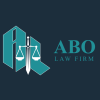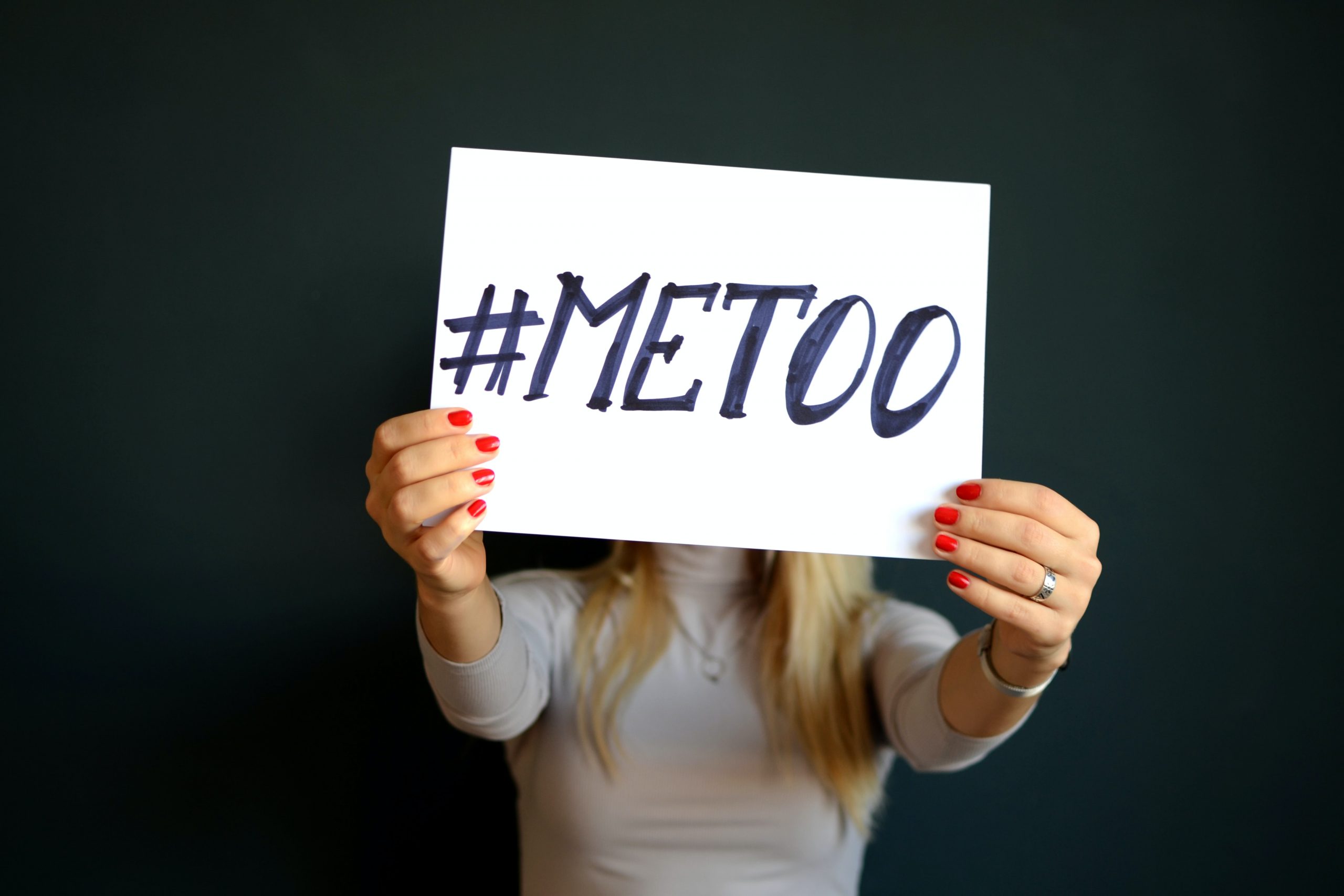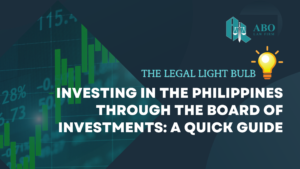On 17 April 2019, President Rodrigo Duterte has signed into law Republic Act No. 11313 or the “ACT DEFINING GENDER-BASED SEXUAL HARASSMENT IN STREETS, PUBLIC SPACES, ONLINE, WORKPLACES, AND EDUCATIONAL OR TRAINING INSTITUTIONS, PROVIDING PROTECTIVE MEASURES AND PRESCRIBING PENALTIES THEREFOR” also known as the safe spaces act. This law is meant to widen the scope of what is considered sexual harassment and place safeguards against it.
Before the enactment of the safe spaces act, the only law that tackled sexual harassment is the Republic Act 7877 or the Anti-Sexual Harassment Act of 1995. However, this law is very limited in scope as it only punishes sexual harassment committed in employment, education or training environment, and for other purposes committed by very specific persons. Quoting Section 3 of RA 7877, sexual harassment in this law is defined as:
SECTION 3. Work, Education or Training -Related, Sexual Harassment Defined. – Work, education, or training-related sexual harassment is committed by an employer, employee, manager, supervisor, agent of the employer, teacher, instructor, professor, coach, trainor, or any other person who, having authority, influence, or moral ascendancy over another in a work or training or education environment, demands, requests or otherwise requires any sexual favor from the other, regardless of whether the demand, request or requirement for submission is accepted by the object of said Act.
In contrast, sexual harassment as embodied in the safe spaces act is not confined to being only committed by a senior, boss or a person having the authority or moral ascendancy in the workplace or educational and training institution but also by any person public spaces and online. Also, the safe spaces act does not limit the acts considered as sexual harassment a pre-condition to remain employed or to get a passing grade. Rather, it punishes acts of sexual harassment against anyone, men, women, and other persons who choose to identify as non-binary whether it involves a condition or not.
The passage of the safe spaces act gives ample protection from everyday forms of sexual harassment such as wolf-whistling and other misogynistic remarks in public places such as streets, public transportation, restaurants, and other places (Article 1 – Gender-Based Streets and Public Spaces Sexual Harassment). Further, the safe spaces act also protects people of all genders from online sexual harassment such as in social media or electronic mail (Article II – Gender-Based Online Sexual Harassment). Moreover, the safe spaces act does not limit the persons who are liable for sexual harassment in education and training institutions (Article V – Gender-Based Sexual Harassment in Educational and Training Institutions). The persons liable in the aforementioned article do not necessarily need to be superior or who have moral ascendancy over the victim to commit sexual harassment.
In sum, the passage of the safe spaces act is a very significant step in tackling the evolving social issue of sexual harassment. Gone are the days that wolf-whistling in the streets is considered a normal occurrence and that the only people who get punished for sexual harassment are the few holding authority and seniority in the workplace, educational, or training institution. This law is like an umbrella of protection for all people who are tired of being subject to sexual innuendos and harassment in their day-to-day lives whether online or in real life.





